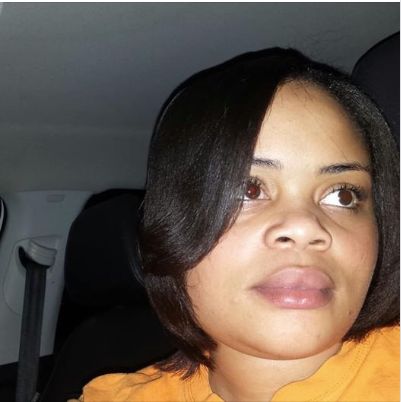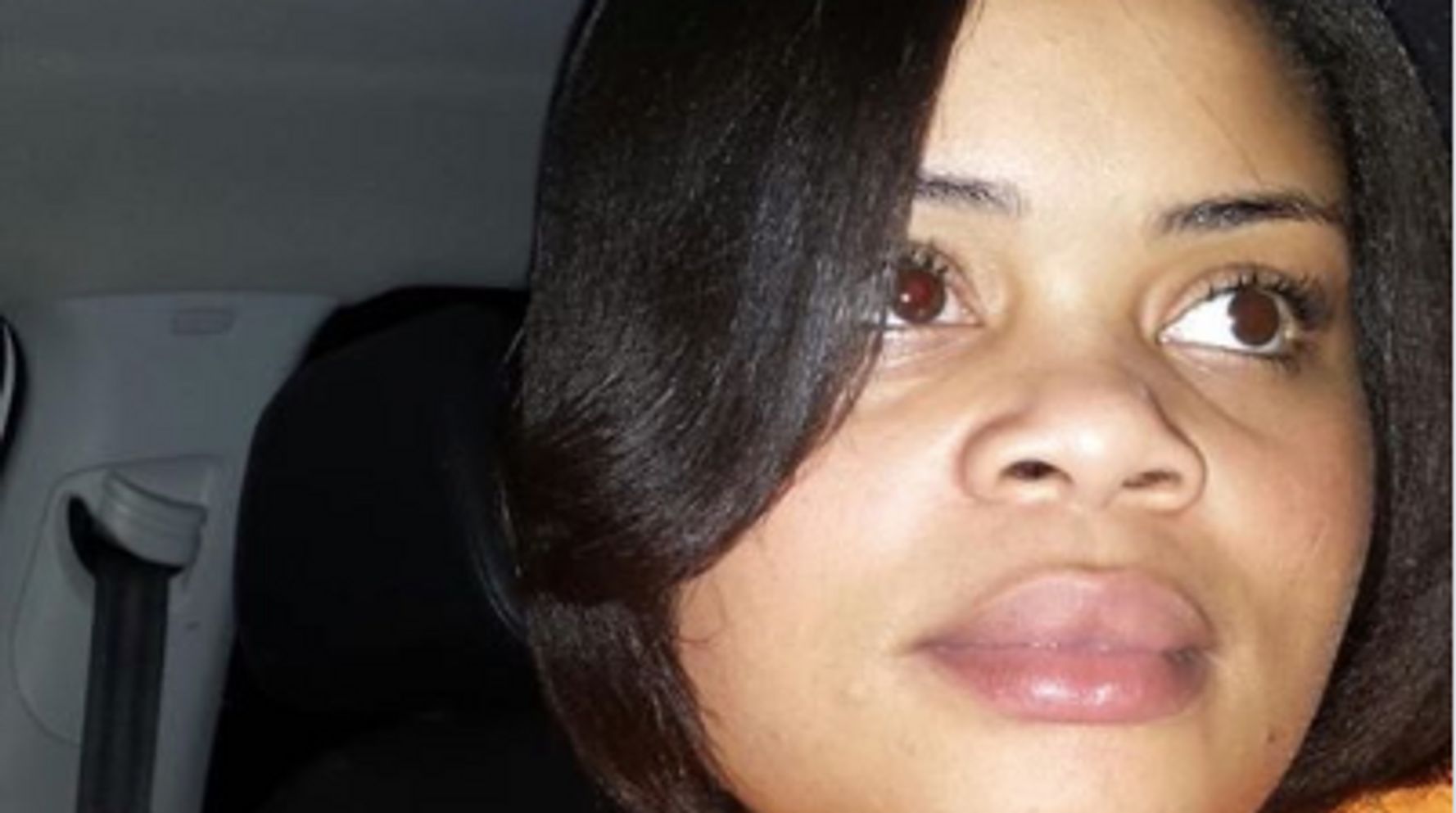[ad_1]
When I first heard about the murder of Atatiana Jefferson, who was shot and killed right in front of her 8-year-old nephew, I pictured my own beloved nephew. I imagined how my family would explain it to him, a young boy who believes that all police officers are real-life heroes, if that had happened to me. I imagined what I might have done, had I been in her shoes, trying to protect my nephew while remaining calm in the face of an officer who might act in panic. I imagined what I’d want people to say about me should the worst happen ― and what I’d say should the worst happen to someone I loved.

After every police killing of an unarmed Black person, I imagine what I would do in a similar scenario. A lot of us Black folks have taken this unwanted journey into the recesses of our minds. When Sandra Bland died in a Texas jail cell following her violent arrest, we posted with the hashtag #IfIDieInPoliceCustody, just in case. When last week we watched Brandt Jean hug his brother’s murderer, conversations about what we would do if we were ever in that situation ― as if that horrific of a situation were even a possibility ― started trending. Immediately after the news broke about Jefferson’s shooting, we explained on social media why we never call the police for protection, as it often results in fear for our lives.
“Being Black in America is like living inside a horror movie. The threat is coming from inside the house … from the people who are supposed to help you.”
Following the death of a Black person at the hands of police, we hashtag, we mobilize, we memorialize and we hypothesize about what we would do in a similar situation. Because we have to think about what we would do, what would become of us, what would become of our families if we ever came face-to-face with the potential threat of a police officer with a gun. Because instances of police brutality are nothing new and they happen far too often. Black men, women and children have been killed in their own homes many times before while unarmed and doing nothing dangerous.
In 2010, 7-year-old Aiyana Stanley-Jones was killed by police as she slept on her grandmother’s couch. In March of this year, a mentally ill man named Osaze Osagie was killed by police after his father called 911 for a wellness check on his son. Last year, Botham Jean was killed by an officer in his own home while he was eating ice cream. This weekend, an officer killed Atatiana Jefferson in her bedroom when she stayed up late to play video games with her nephew.
After Jefferson’s murder, we explicitly mourned the fact that we can’t even be in our own homes without fearing for our lives, but in reality, we know police brutality can happen anywhere. Twelve-year-old Tamir Rice was killed while playing in a park; Eric Garner was killed while standing on the sidewalk; Philando Castille was killed while driving in his car; Walter Scott was killed while running away from the danger.
Being Black in America is like living inside a horror movie. The threat is coming from inside the house, just outside the car, in the park or just around the corner, from the people who are supposed to help you. When nowhere is safe, how do we survive?
“It’s scary knowing that any moment, in any place, at any time, it could be one of our names or the name of a beloved family member that’s the next hashtag trending on Twitter.”
And so we try to be prepared. We talk to our Black kids about what they should do if they’re ever pulled over or questioned by police. We pull out our cellphones and record all police interactions. We retweet the hashtags; we attend the vigils, protests and marches; and we hope for the best while expecting the worst.
True, most police officers aren’t trigger-happy killers. But it’s also true that Black Americans are still more likely to die at the hands of a police officer than white Americans are. The officer involved in Jefferson’s death, Aaron Dean, has been charged with murder ― a rare occurrence when it comes to Black death by police brutality. As we await his trial, days will pass, more news will happen, we’ll move on from this moment. Until there’s another shooting, another dead Black body, another hashtag, and the fear and sadness and loss for words will start up all over again.
It’s sad that so many Black people in America live in fear of the police. It’s sad that we unironically plan for dangerous interactions with police officers. It’s sad that we’ve seen enough bodycam and dashcam footage, enough cellphone videos, enough scared, bleeding and dying Black bodies to give us nightmares that, unfortunately, we can’t wake up from. It’s sad that even with all that proof, we sometimes still don’t get justice.
And it’s scary knowing that any moment, in any place, at any time, it could be one of our names or the name of a beloved family member that’s the next hashtag trending on Twitter. But it shouldn’t have to be even one of us. Not one more.
[ad_2]
Source link

